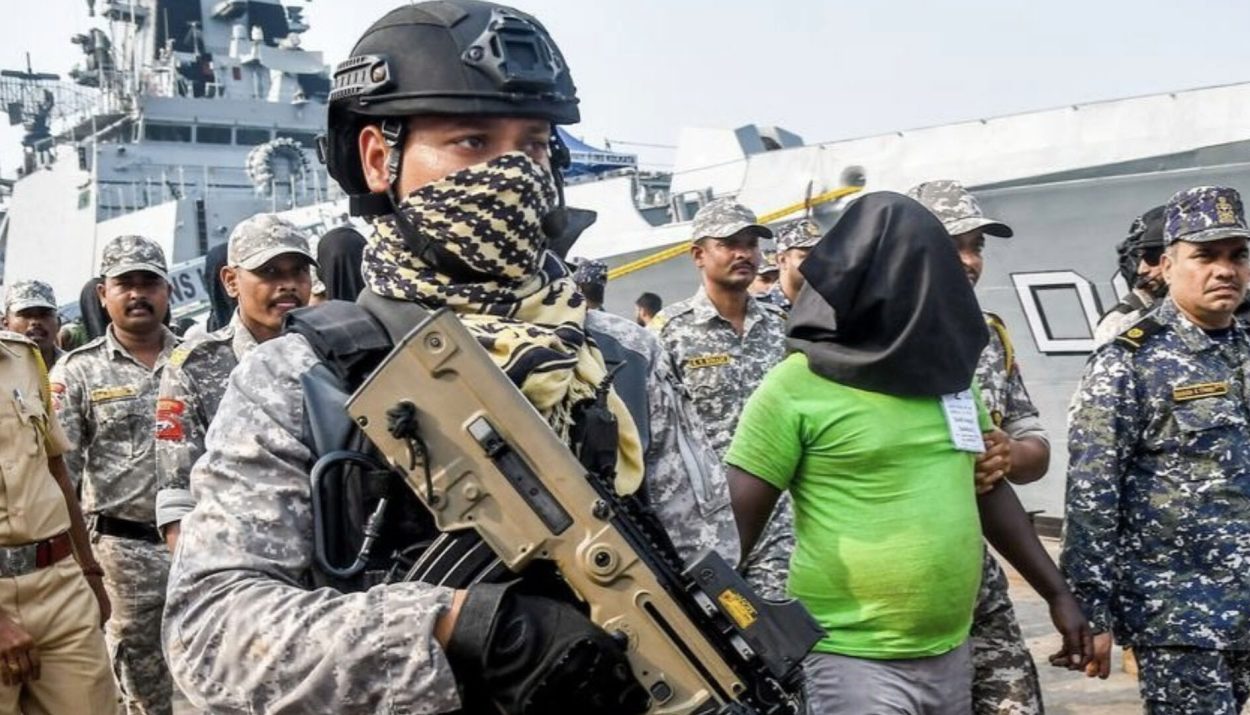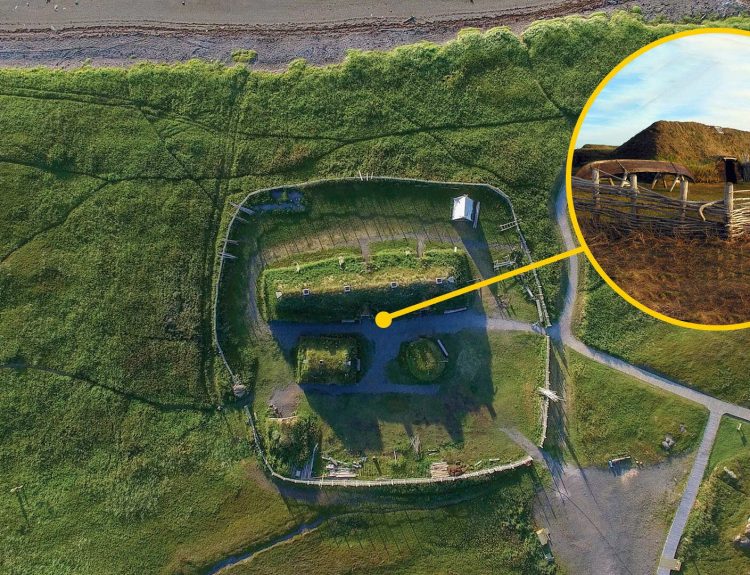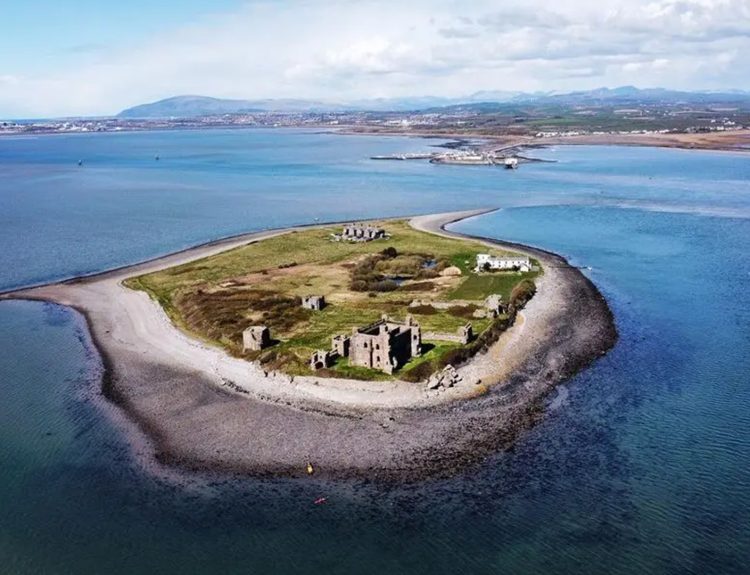The Indian Navy has captured thirty-five Somali pirates in a recent offshore attack. Following their apprehension, they were immediately handed over to the Mumbai police. However, the story didn’t begin here.
India has refined her anti-piracy law. Since its enactment in 2022, these incarcerated pirates are the first to be prosecuted under the new statute. Meanwhile, the question remains if this is a twist in history for the Somali corsairs.
How Did Somali Pirates Come To Be?
From 1991 to 2006, Somalia was battered by civil wars among its various ethnic clans and factions. Also, 1991 marked the last time the country would have a functional government—at least for a while.
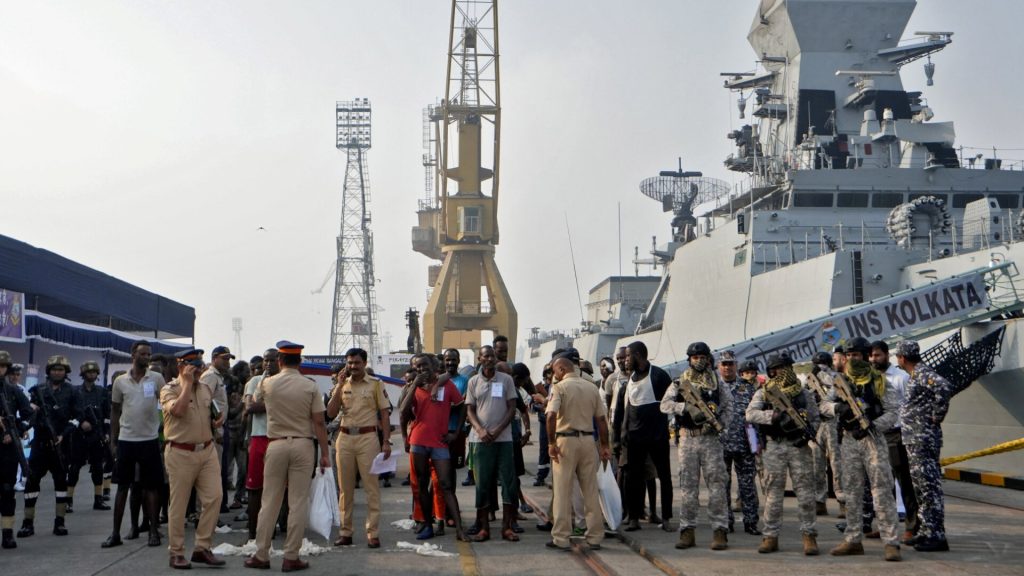
Invariably, this launched the country into an array of chaos. Inclusive is the unlawful fishing and waste disposal by foreign seafarers at her coastline. This prompted impoverished coast-resident Somalis to defend their territories. Over the years, these actions have gone beyond their shores, brooding offending pillagers.
Ruen Ship Hijack
A Maltese-flagged merchant ship was hijacked three months ago in the Arabian Sea. The bulk carrier, Ruen had 18 crew members on board. At the time the news was conveyed, it was noted that one of the crew was evacuated for medical care.
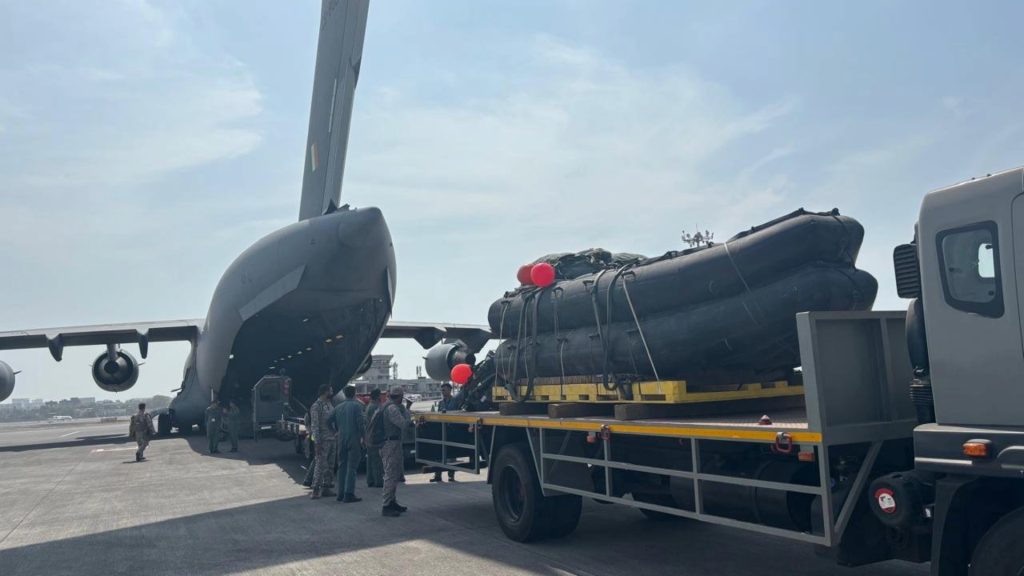
According to the EU Naval Force, the evacuated crew member was taken to an Indian navy ship shadowing the ship. Ruen remained under the control of her hijackers until last week. They were people with no identities and unknown demands.
The Indian Maritime Patrol Alert
A day after the hijacking, an Indian maritime patrol plane spotted the Ruen. It made radio contact with the crew members who were self-locked in a safe room.

Shortly after, it was discovered that the crew’s safe spot was invaded forcefully. Hence, putting them at the mercy of their captors. This began the tailing of the Ruen, as it was later discovered to be off the coast of Somalia.
Arrest By The Indian Navy
India has a dominant naval power in the northern Arabian Sea and the Gulf of Aden. The Indian Navy intercepted the hijacked cargo ship last week and apprehended the culprits.
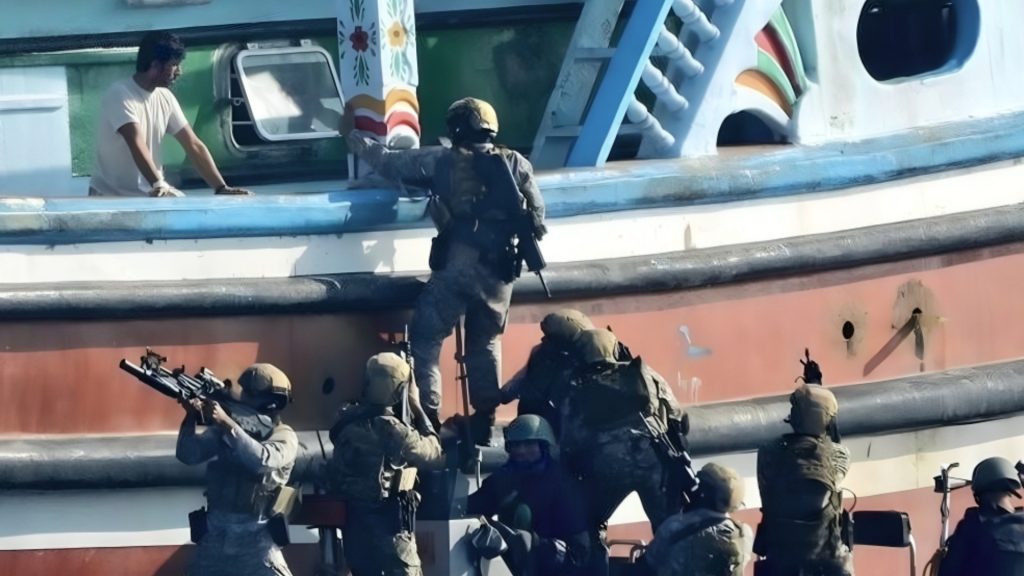
The force suspected Somali pirates also used the Ruen as the base for their raids of other vessels. In the 40-hour operation, the Indian Navy acknowledged cornering the vessel approximately 482 km east of Somalia.
How The Operation Went Down
During the operation, the Navy sent INS Kolkata and a drone to confirm the presence of armed corsairs. On sighting the spies, they shot the drone down and launched fire at the Indian naval warship.
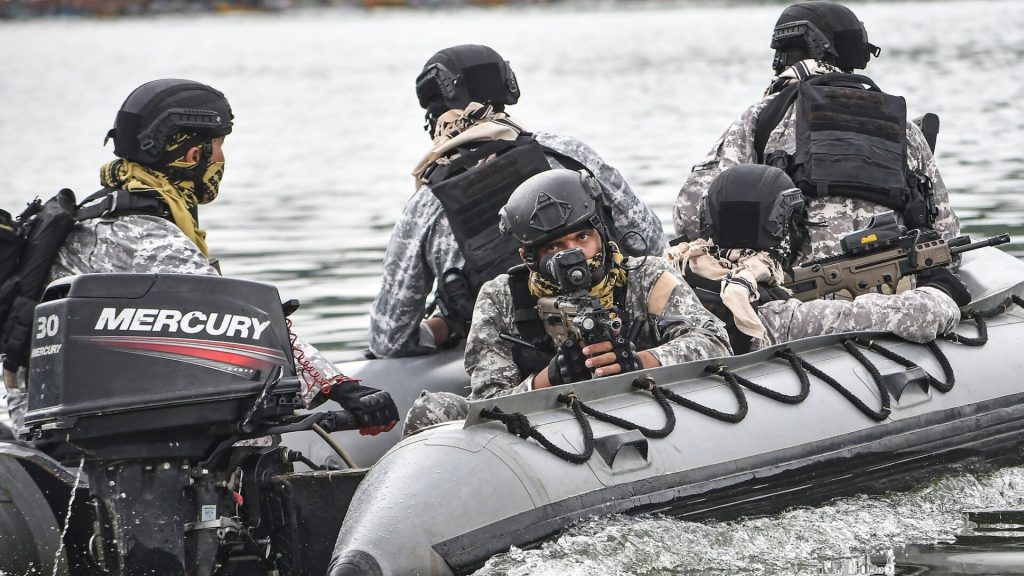
The pirate vessel was forced to stop after a central disabling of the ship’s navigation tools and steering systems. Afterward, Indian marine commandos were flown to the area and paradropped on the MV Ruen.
What Was Found In The Vessel?
The Indian Navy confirmed the safety of the 17 crew members on board. They were evacuated from the vessel without any injuries. Meanwhile, this wasn’t all on the ship.
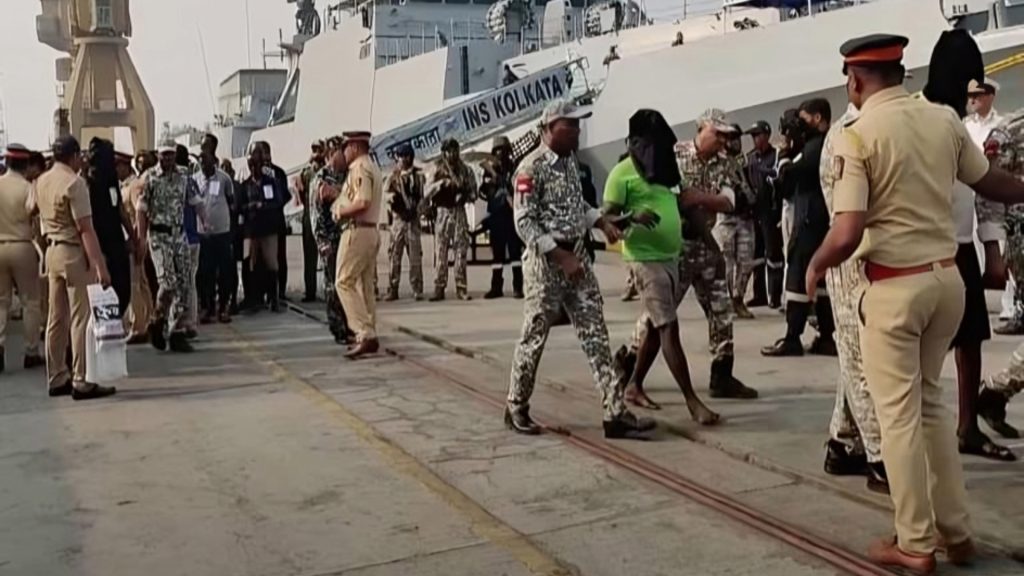
As anyone would expect, the Navy searched the Ruen for illegal items, ammunition, and contraband. The ship’s 37,800 tonnes worth of cargo valued at $1 million would be taken to India.
Suspicions About Other Pirate Atrocities
There are speculations that pirates might have used the Ruen to perpetrate other attacks. Perhaps in the takeover of the Bangladesh-flagged ship and the Abdullah off Somalia’s coast.
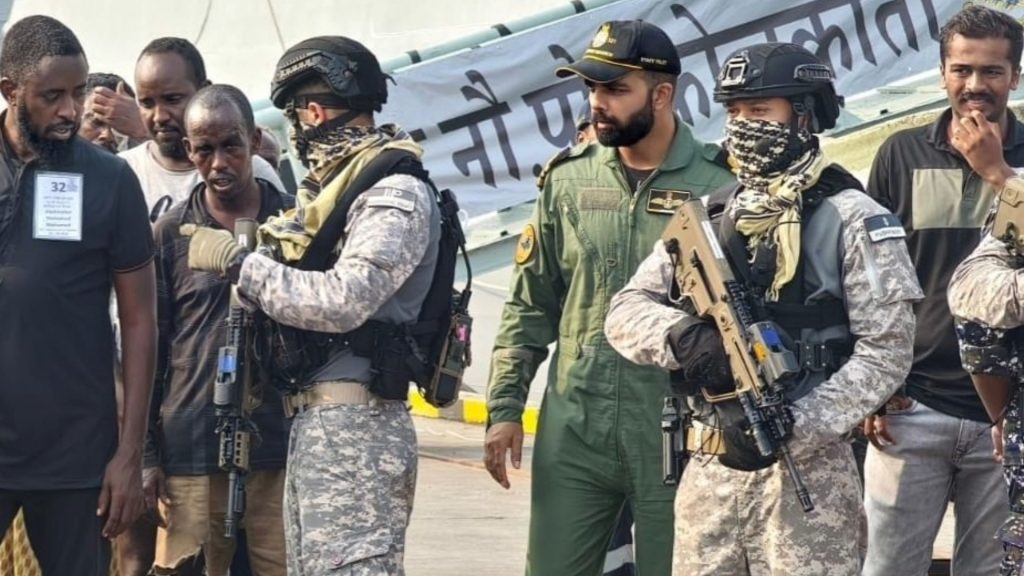
Considering the Ruen was sighted sailing 160 nautical miles southeast of Eyl, Somalia, this is a likelihood. The British maritime security firm Ambrey suspects the Ruen’s usage as a mother ship for further attacks on merchant vessels.
How Long Has The Pirate Issue Persisted?
In 2017, international navies stopped Somalia’s pirate attack in the Gulf of Aden and the Indian Ocean. Since then, the capturing of Ruen has been the first hijacking involving the group.
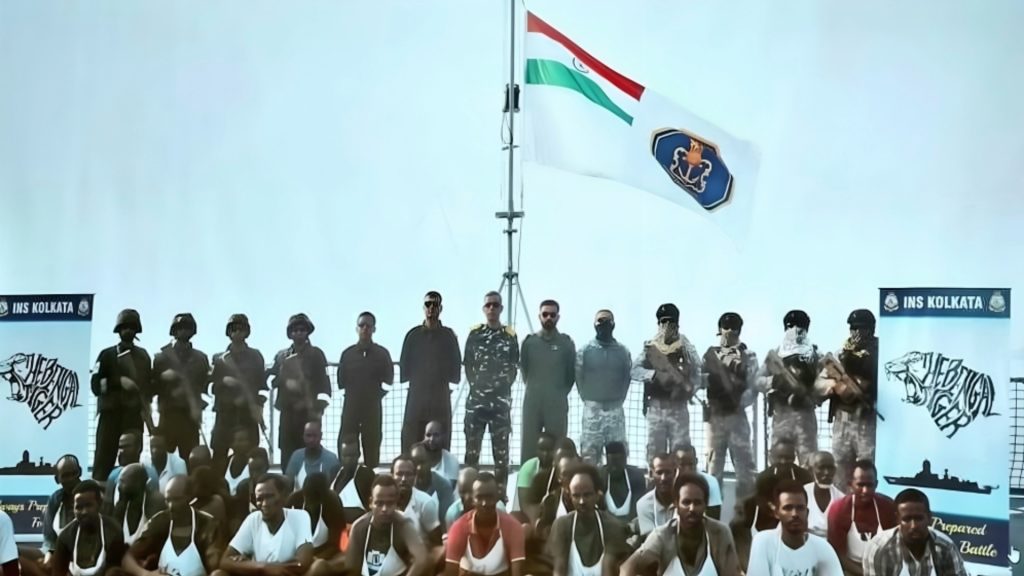
Meanwhile, Somali pirates are also renowned for disrupting waterways for about a decade. After quieting out in 2018, there was a resurgence of their activities late last year.
Indian Navy In Similar Situations Recently
Lately, the Indian Navy has had to deal with a lot of pirate incidents along its domicile water bodies. The Somali corsairs are just one of the many sea delinquents.
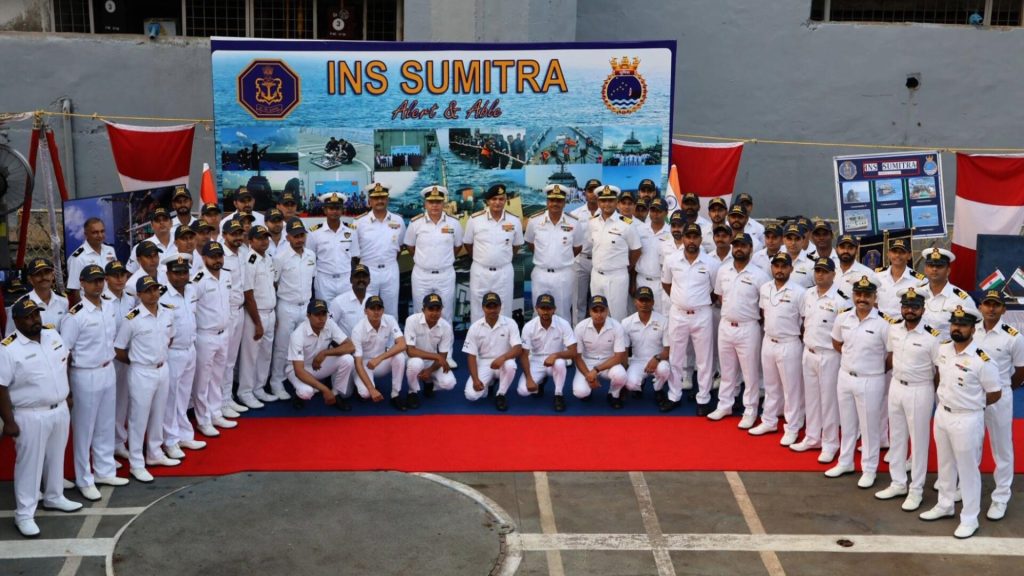
According to the country’s naval force, there were 18 such incidents recently. The navy disclosed how they approached curtailing by deploying 21 ships, and 5,000 personnel in rotation. This also involves the boarding and investigation of over 1,000 vessels.
What’s Going To Happen To The Captured Pirates?
Since November, pirates have attempted and carried out the hijacking of over 20 vessels. This is quite alarming and has put everyone on their guard. Global companies now prioritize insurance and security despite the rising cost.
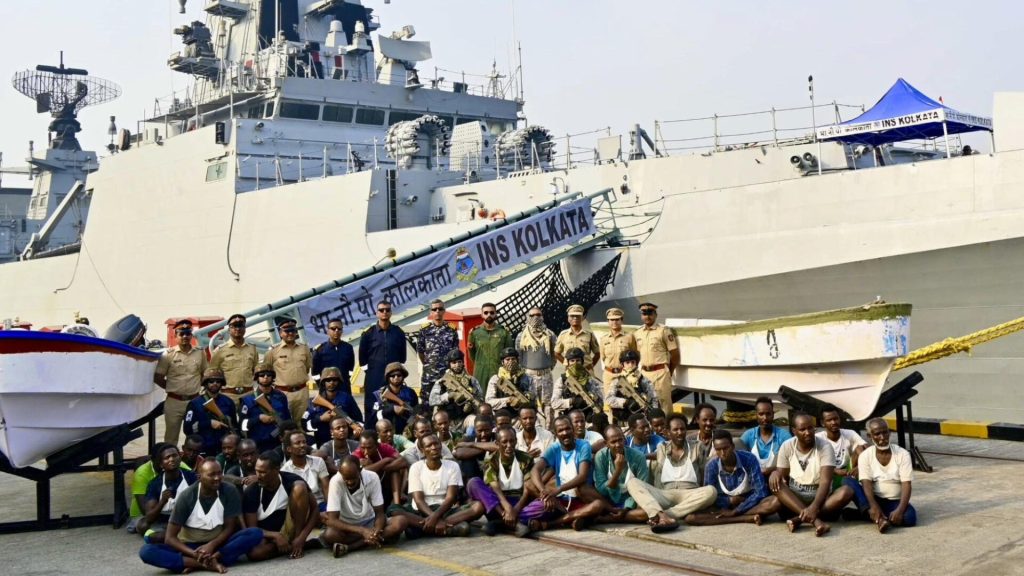
Pirates arrested by Indian commandos will face life imprisonment. According to the country’s newest anti-piracy law, the navy can detain and arrest the tagged offenders on the high seas.
The Israeli-Gaza War Link
Another thing that is bothersome about pirates’ actions is the perceived link to the current Israeli-Gaza war. The Somali pirates aren’t the only ones in the business of snatching ships and disrupting normal sea activities.
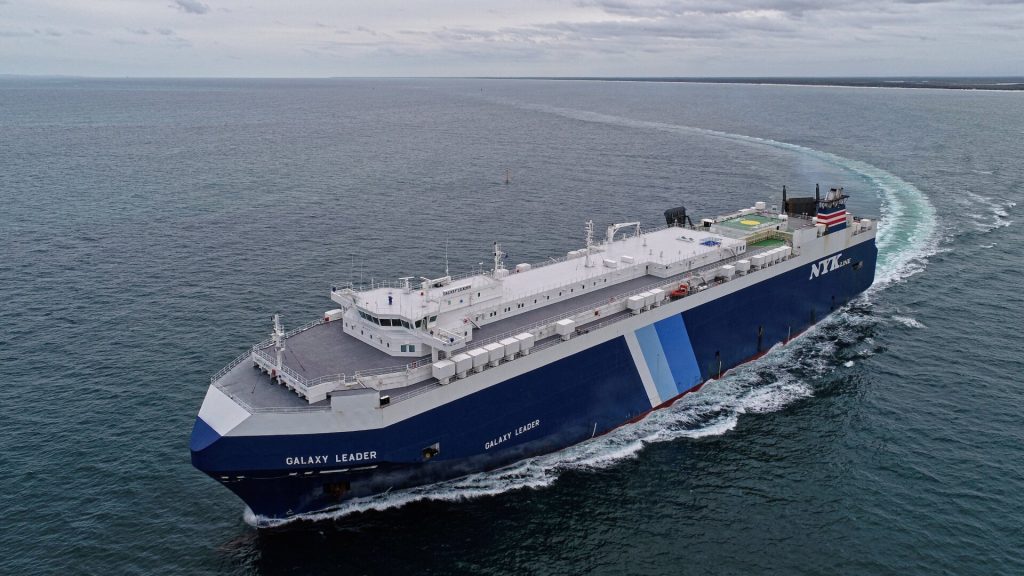
The recent stint of hijackings seems to coincide with attacks on commercial ships in the Gulf of Aden and the Red Sea by Yemen’s Houthi militia. The group says their operations are retaliations for Israel’s fatal invasion of Gaza.
Previous Measures To Tackle Somalia Pirates
For a while before the recent happenings, Somali pirates were unheard of. This silence can be attributed to better security protocols and warships from countries like India and Russia.
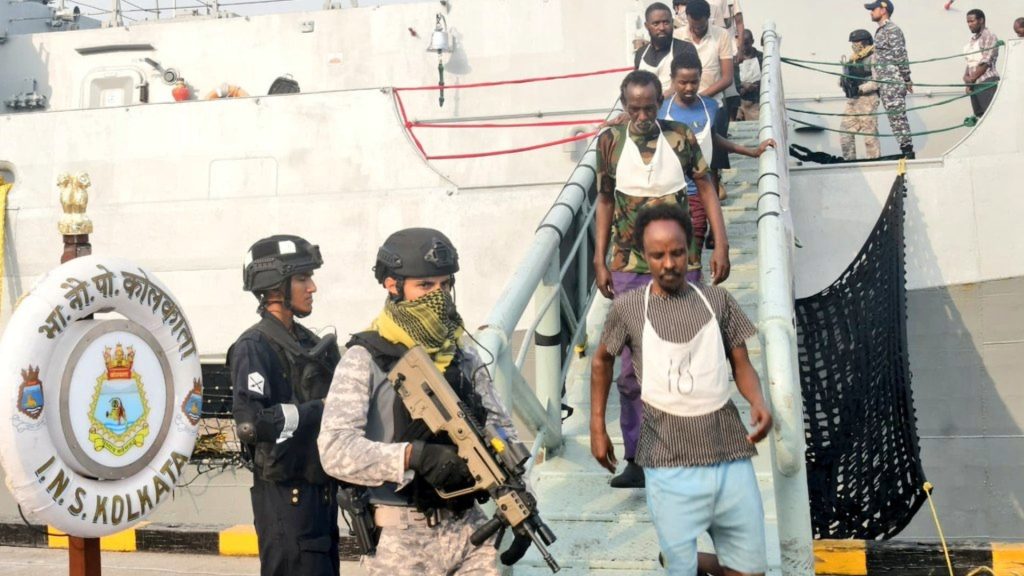
Similarly, International Naval forces of NATO, US Task Forces, and the European Union Naval Forces are usually sent to oversee operations along the busy shipping lines. The presence of the African Union military forces so helped to tame the offenders during the country’s warring days.
Implication Of The Pirates’ Arrest
The fact that the Indian Navy has the ball rolling with the new anti-piracy enactment makes a huge statement. It breeds faith in seafarers plying their domineering ports and water lines.

Without a doubt, to ensure the safety of ships sailing these perilous waters, there is a need to enforce international maritime laws. The Indian Navy’s action serves as a testament to the country’s resolve to battle piracy.

